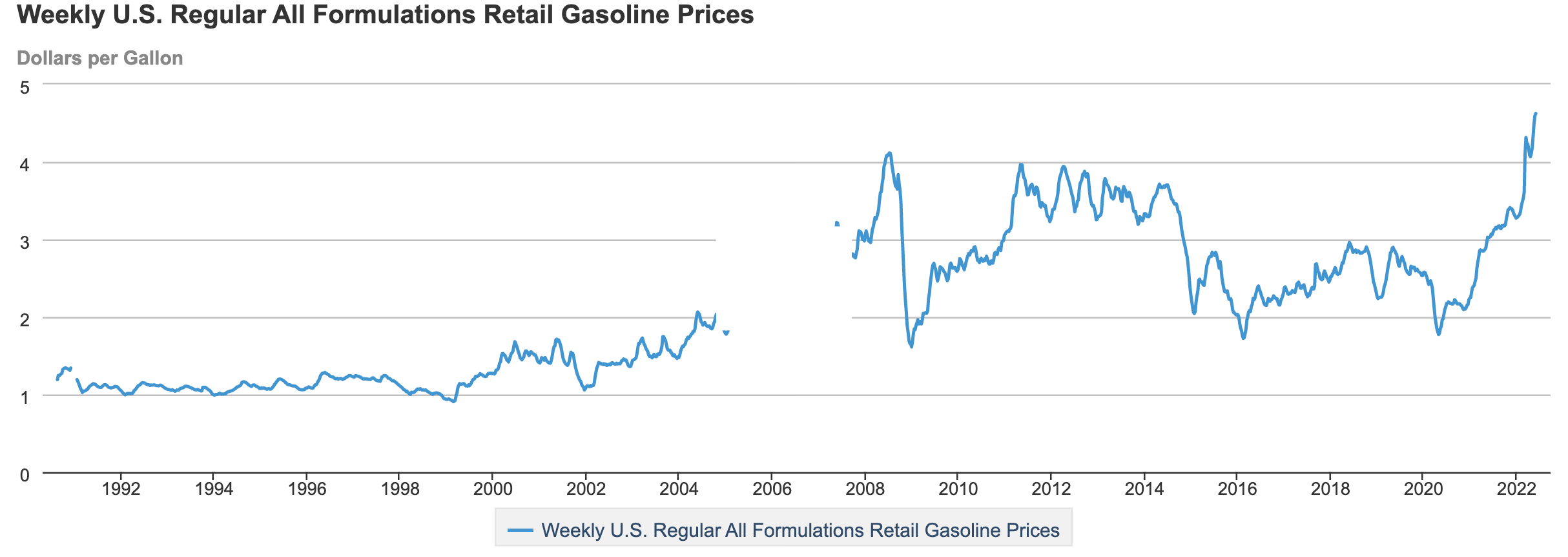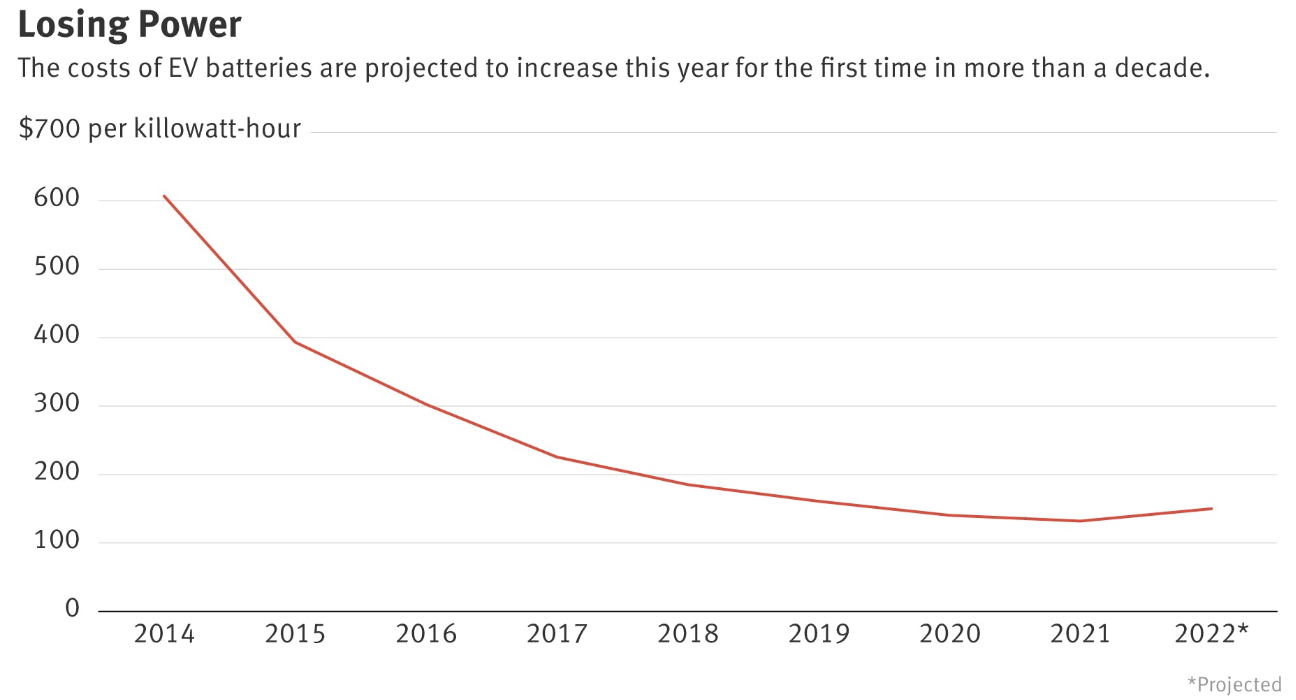The Pebble copper and gold mine, 100 miles from Bristol Bay, Alaska, is being dealt a death blow by President Biden’s Environmental Protection Agency (EPA). Citing its authority under the 1972 Clean Water Act, EPA proposed a legal determination that would ban the disposal of mining waste rock in the Bristol Bay watershed. The proposal would create permanent protections for the waters and wildlife of Bristol Bay—about 200 miles southwest of Anchorage. It would prohibit disposing mine-related waste within 308 square miles around the site of the proposed Pebble Mine project—an area about four times as large as Washington, D.C. EPA will be accepting public comments on this proposal until July 5 before publishing a final legal determination later this year.
President Biden pledged during his campaign for the Presidency to “listen to the scientists and protect Bristol Bay.” The irony of the situation is that this block of the Pebble mine is coming despite President Biden recently invoking the Defense Production Act to increase domestic production of minerals used in making electric vehicles and non-carbon energy technologies. When he invoked the Defense Production Act, Biden said that the country depended on unreliable foreign sources for many materials necessary for transitioning to the use of renewable energy—a dependence that has been stressed in reports for years. But, this EPA proposal will just further that dependence.
Background
The Pebble mine holds world-class resources of copper, gold, silver, rhenium and more. The Pebble deposit was originally discovered in 1988, and has been described by its current developer as “one of the greatest stores of mineral wealth ever discovered, and the world’s largest undeveloped copper and gold resource”. The resource estimate includes 57 billion pounds of copper, 71 million ounces of gold, 3.4 billion pounds of molybdenum and 345 million ounces of silver in the measured and indicated categories, while inferred resources include an additional 25 billion pounds of copper, 36 million ounces of gold, 2.2 billion pounds of molybdenum and 170 million ounces of silver. The deposit also contains 4.2 million kilograms of rhenium across the measured, indicated and inferred categories. Rhenium is listed as a critical mineral by the US Department of the Interior, essential to the country’s “security and economic prosperity”, with dependence on foreign imports for these minerals considered a “strategic vulnerability for both its economy and military.” It is critical in high performance jet engines, aerospace and other military applications.
The Pebble Limited Partnership plans to dig an open-pit mine about a mile square and one-third of a mile deep where it would extract and process metals estimated to be worth at least $300 billion. The project would include the construction of a 270-megawatt power plant, 165-mile natural-gas pipeline, an 82-mile road and ponds for the tailings. The project is located on lands owned by the State of Alaska.
The fight over the Pebble Mine has lasted for more than a decade. In November 2020, the Army Corps of Engineers denied a permit for the project that was critical for it to proceed. In January 2021, the Pebble Limited Partnership requested the Army Corps of Engineers to reverse its denial of the proposed mine’s Clean Water Act dredge and fill permit. At that time, the EPA indicated that, depending on the outcome in the courts, it would reopen a proposed veto of the Pebble mine, which, if finalized, would effectively block its development on state-owned lands. That process, started under the Obama administration, culminated in a proposed veto of the mine in 2015, before Pebble had even filed a permit application with the Army Corps of Engineers. This was the first time a U.S. mine had been stopped before it could apply for a permit based upon its scientific findings.
The Pebble Limited Partnership is expected to challenge the legality of the Biden administration’s new proposal regarding Bristol Bay. According to the company, “the Army Corps of Engineers published an Environmental Impact Statement for Pebble in 2020 with input from many agencies including the EPA that states that the project can be done without harm to the region’s fisheries. The EIS further notes the tremendous economic opportunity the project represents for the communities around Iliamna Lake where year-round jobs are scarce, and the cost of living is very high.” The company also indicated, “The Pebble Project remains an important domestic source for the minerals necessary for the Biden administration to reach its green energy goals and if it blocks Pebble it will have to seek minerals to meet its goals from foreign sources which simply do not have the same environmental standards as we do.”
China’s Dominance of the Mineral Market
China is the world’s leading producer of rare earth minerals, producing 500 percent more output than the United States. According to the U.S. Geological Survey, the United States gets around 80 percent of its rare earth imports from China, and even the rare earths that are mined in the United States must be sent to China for processing. According to the International Energy Agency, China dominates the processing of all the major minerals needed for electric vehicles and renewable technologies. Biden’s policies and this EPA proposal will make the United States even more reliant on China for minerals—a country that has considerably lower environmental standards than the United States. This is because “green energy” is mining intensive and will require much more minerals than current energy sources. China has been working on building its level of critical minerals at home and abroad for decades. This U.S. dependence on China for critical minerals will significantly exceed the dependence the United States ever had on the Middle East for oil.
Conclusion
Despite invoking the Defense Production Act, the Biden administration is joining environmentalists in their goal of limiting or even banning domestic mining growth, looking instead to countries with considerably lower environmental standards to reach emissions targets by importing minerals from them. The Pebble mine is just one mine that the Biden administration is blocking. Others include the Twin Metals mine and the Polymet copper and nickel mine in Minnesota, Ioneer Ltd.’s lithium mine in Nevada, and the Resolution and Rosemont copper mines in Arizona. Biden’s energy policies are making it harder for energy companies to succeed in the United States, despite our wealth of resources, which will make these companies invest in offshore resources rather than investing in the United States. There is an opportunity cost associated with stopping mines in the United States while at the same time pushing for policies requiring much more minerals. Apparently, the Biden administration thinks Americans will pay it.
*This article was adapted from content originally published by the Institute for Energy Research.







